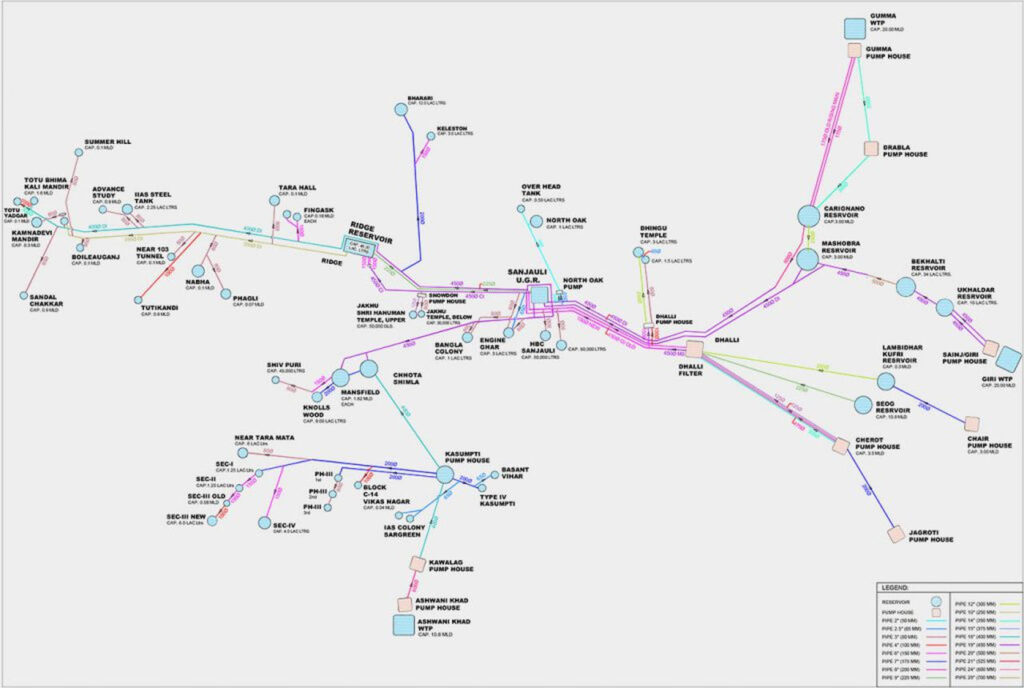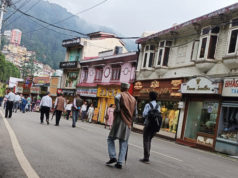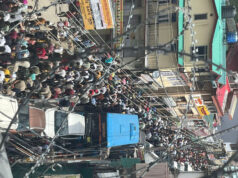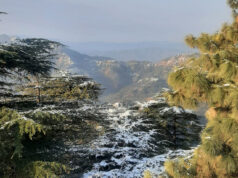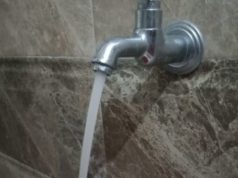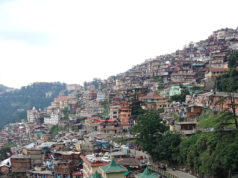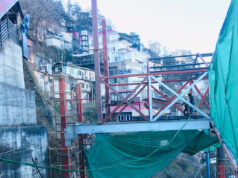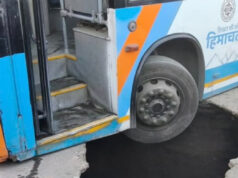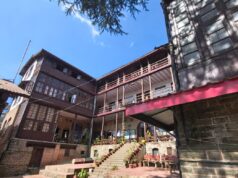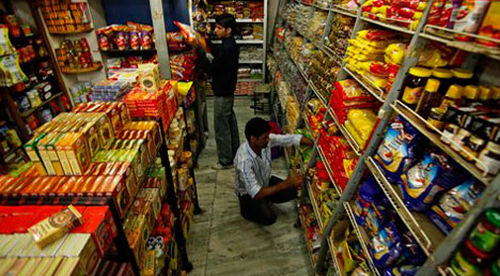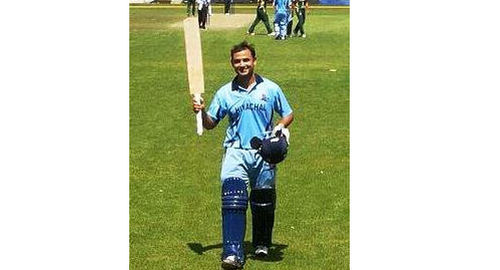Shimla – Shimla city is grappling with a severe water crisis this summer, exacerbated by the influx of tourists and declining water levels in key supply projects. One of the city’s two main drinking water projects is on the verge of drying up, leaving residents heavily reliant on the Gumma project, which is also under threat.
The Giri drinking water project, Shimla’s largest water supplier, has seen a significant drop in water levels. On Saturday night, only 6 million liters per day (MLD) could be extracted, far below the usual 20 MLD. Senior officials, including the company’s AGM PP Sharma, visited the Giri project on Sunday to assess the situation and found that water extraction might not be possible even on Monday.
Sharma noted that the water level in all drinking water projects is continuously decreasing, resulting in the city receiving water every alternate day. If the situation worsens, water will be supplied through tankers to ensure residents do not face a severe shortage. The Gumma project, currently the only reliable source, is now critical for the city’s water supply.
Leader of Opposition Jairam Thakur expressed grave concerns over the government’s handling of the water crisis. Thakur highlighted that many areas in Shimla receive water only once every four to five days, and the situation is deteriorating statewide. He criticized the government’s lack of proactive measures to address the seasonal increase in water consumption due to the surge in tourist numbers.
“The tourist season exacerbates water consumption, especially in hotels. Special arrangements should have been made to address this predictable crisis, but the government’s response has been inadequate,” Thakur stated.
The water scarcity issue in Shimla is not new. Historical data and previous research indicate that Shimla has struggled with water supply problems during the summer months for several years. The increase in tourist arrivals during this period puts additional strain on the city’s already limited water resources. Past efforts to mitigate the crisis have included rationing water supply, enhancing tanker services, and promoting water conservation measures among residents and businesses.
Despite these efforts, the recurring nature of the problem highlights the need for long-term solutions. Experts suggest investing in new water infrastructure, repairing existing pipelines to reduce leakages, and implementing rainwater harvesting systems to augment the city’s water supply.
The current scenario underscores the urgency for a sustainable approach to water management in Shimla. With the peak tourist season in full swing, immediate actions and strategic planning are crucial to ensure that both residents and visitors have access to sufficient water.


